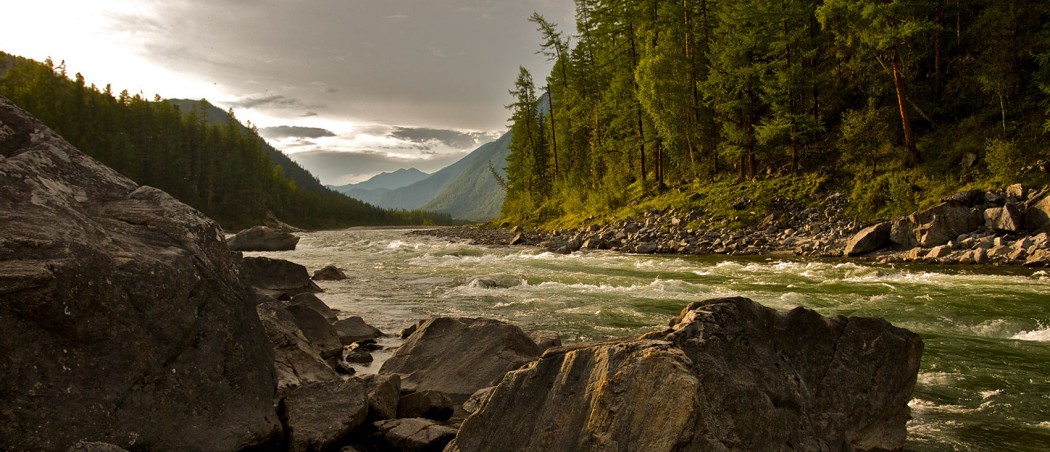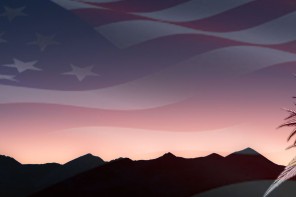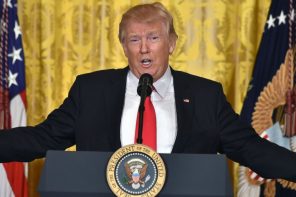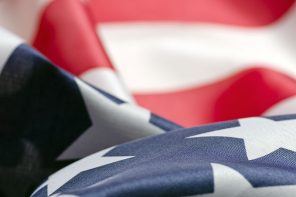Native American Tribes Consider Cultivating Cash Crop
Native American Tribes across the country are taking note of the growing Cannabis industry. While some tribes have thrived through revenue created by the casino industry, many others are too rural and are unable to generate high volume casino business. This has many reservations considering what, if anything, the Cannabis industry can do for them. For example, this week in South Dakota, The Flandreau Santee Sioux Tribe passed their first pro-Cannabis legislation by a vote of 5-1. This new regulation will allow them to grow and sell recreational Cannabis on the reservation in a single dispensary, fueled by a single cultivation site. This tribe may be one of the first to pass such regulations, but many more are expected to follow suit as the Cannabis conversation is beginning to gain traction within the Native American community.
Perhaps the fact this discussion is even taking place is a big deal on its own; as years ago these debates would not have been possible. What jump-started this dialogue? In December 2014 the Justice Department wrote a memorandum to tribal leaders that, in essence, was pro-Cannabis. The Justice Department implicated it would look the other way in regards to Cannabis, provided tribes operated within the bounds of their states legality. A policy that mirrors recent legislation passed by both the Unites States House of Representatives and the Senate banning federal spending on Cannabis enforcement in states where Cannabis is legal and consumers are operating within state law.
Read more: Senate and House Agree for First Time on Cannabis Legislation
This past March, the National Center for American Indian Enterprise Development hosted an economic summit in Las Vegas. Over the course of the conference tribes presented their own perceived positives and negatives behind joining the Cannabis industry. For many reservations whose territories span states where Cannabis is both legal and illegal, the potential economic impact may not be worth the headache caused by legislative conflict. One instance being the Mountain Ute Tribe, whose land spans from Cannabis friendly Colorado to New Mexico and Utah, states where Cannabis law is completely different.
“We may be a tribe and have our sovereign rights, but what happens once they cross the border?” – Mountain Ute Councilwoman DeanneHouse.
While tribes may be internally debating the merits of joining the green rush, some outsiders are seeing a boom in interest from tribes all over the country. One of those outsiders is Barry Brautman, CEO of FoxBarry; a company that works with tribes to develop and operate casinos. Barry explains that he sincerely ‘underestimated’ tribal interest in Cannabis cultivation and that the basis for potential installation of this cash crop is basic at its core.
“Tribes want what any government wants for its people, and that’s financial independence. They want to earn their own money, provide education, health care and housing. This new industry allows them to be more economically independent.” – Barry Brautman – CEO FoxBarry
For tribes who choose to enter the Cannabis industry, economic benefits are two fold. First, tribes could completely control the cultivation and distribution of their product, becoming more independent through job creation and income generation. Second, and perhaps just as crucial, legislation is already in place that makes Indian lands tax exempt. The Indian Gaming Regulatory Act of 1988, in short, provides Native American reservations the right to conduct business ‘unhindered by state regulation’. This is a huge incentive for tribes to enter the Cannabis industry, especially when considering proposed state and federal Cannabis tax legislation that could result in taxes as high as 20%.
Tribes are not the only group cognoscente of this opportunity. Potential investors are waiting in the wings to help Native American groups, if and when they choose to enter the space. Firms like Electrum Partners want to assist tribes in setting up their banking systems, an operation that has proven difficult across the industry as most banks operate at the federal level and therefor choose to keep the Cannabis industry at arms-length.
“If there’s a way that we can find to create a financial institution that can be an acquiring bank, that can clear credit card transactions by using the sovereignty that’s available to Native Americans, we believe that that would be an extreme game-changer that is unparalleled in the industry,” – Leslie Bocskor – Electrum Partners
In the big picture, it seems Native American Tribes have much more to gain by entering the Cannabis industry than they would lose. Perhaps instituting a Cannabis program could even provide a safer environment on the reservation. Data collected by Attorney Robert Odawi Porter, the former president of the Seneca Nation in New York, projects Cannabis to have a far more positive impact among reservations when compared to alcohol. Porter suggests legal Cannabis would produce only 12%-28% of the ‘social cost’ associated with alcohol(‘social cost’ being an all encompassing term that combines DUI’s, violence and crime).
“You can’t ignore that. At worst, you’re moving alcoholics to being stoners, and you’re improving life for the rest of the people in society.” – Attorney Robert Odawi Porter – Former President of the Seneca Nation
The potential for Native American involvement in the Cannabis industry does not surprise CEO’s like Tory Dayton of the ArcView research firm. If fact, many industry professionals feel the addition of tribal participation to the Cannabis community would only aid in progressing Cannabis legislation. While the federal government has repeatedly announced the need for more medical research, the addition of economic and social examples would certainly help as well. Dayton expects Native American involvement to have a broad, long-term impact throughout the Cannabis industry.
“It’s the right move that Native American lands have been opened up to the same freedoms that states have — my hunch is that this is the beginning of something larger.” CEO Tony Dayton – ArcView
How do you think Native American involvement would impact the Cannabis industry? Would you join the industry if you were in their shoes? Join the conversation and comment below!
Photo Credit: Daniel Beilinson










